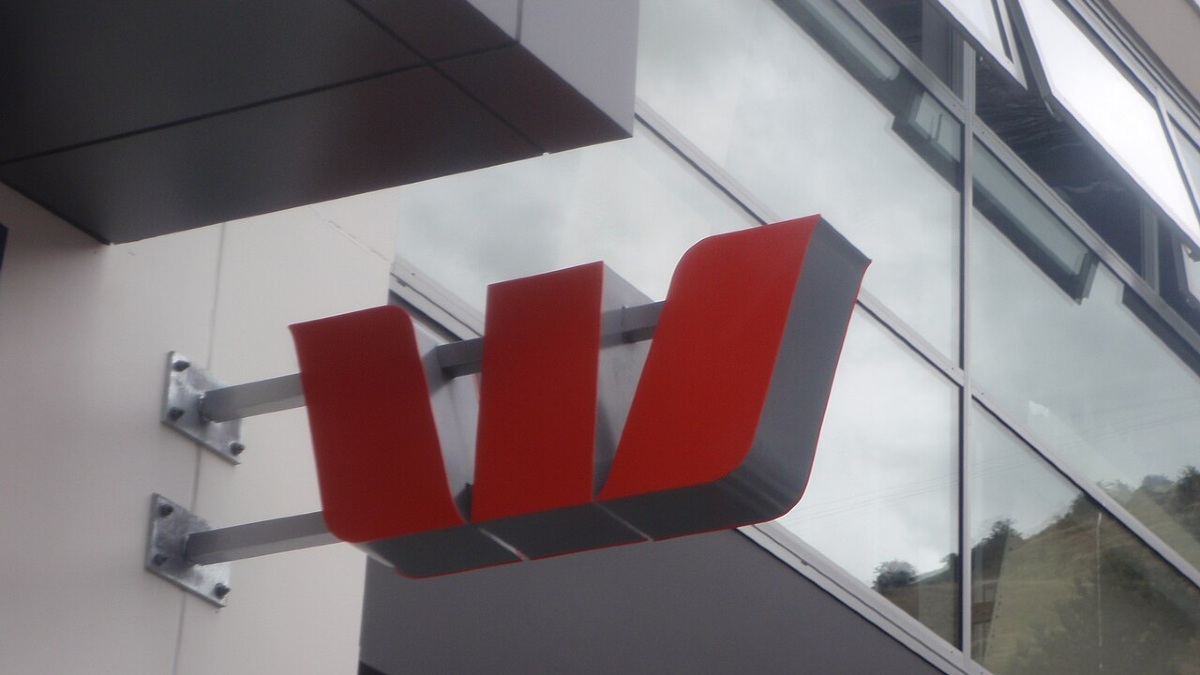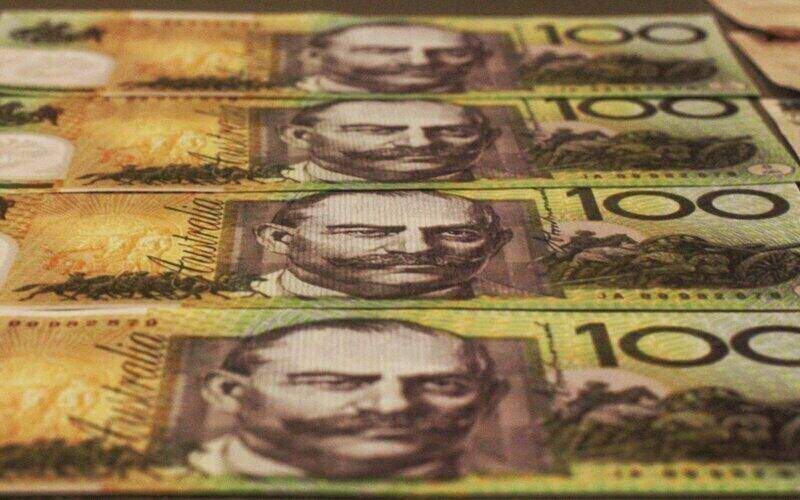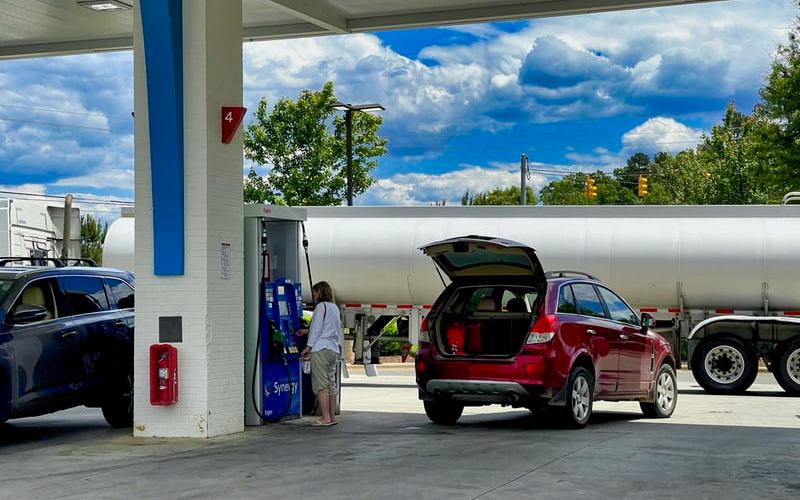"Members noted that data on economic activity in China had softened in recent months and the outlook had become more uncertain than it had been for some time," Board minutes said.
"In particular, regulatory changes aimed at reducing leverage among real estate developers, as well as restrictions on demand for real estate, had led to slower construction activity and liquidity difficulties for some large property developers.
"This had led to a heightened risk of fire sales of assets and raised concerns about the potential for financial stability issues.
"This had resulted in significant declines in the share prices of affected firms, particularly those listed in offshore markets."
The Chinese Government has attempted to curb rapid property prices rises by putting restrictions on property developers and forcing them to sell dwellings at a discount.
While this has been an ongoing issue through 2021, China's second-largest property developer Evergrande now has in excess of AUD $400 billion in liabilities, with a bulk of interest payments due this Thursday.
It's estimated Chinese households hold more than 60% of their wealth in the form of property, but it is unclear if the Chinese Government would step in to 'bail out' Evergrande in the event of collapse.
"Despite the debt debacle for Chinese property developer Evergrande having been in play for a long time, the prospect of imminent default without Government support has heightened concerns of broader impacts from China's reinstated 'common prosperity' drive against monopolistic entities," Westpac macro strategist Tim Riddell said.
It's not just Evergrande either - there are an estimated 10 property developers in default or at risk of collapse, amounting to more than US $500 billion in liabilities.
So, what's the risk for Australia?
Off the back of this, iron ore prices have decreased heavily, while billions of dollars in value has been wiped off some of Australia's largest companies on share markets in recent weeks.
While slightly less of a concern in terms of value, Chinese-owned developments in Australia could slow as companies and individual investors pull out, though foreign ownership of property has been reined-in in recent years.
Lehman 2.0?
At the start of the Global Financial Crisis in 2007, many wondered what effect a faltering investment bank - Lehman Brothers - would have on the economy.
However, the butterfly effect soon took off, and while Australia avoided a technical recession (thanks to China's insatiable demand for iron ore), effects were definitely felt at the consumer level.
Investment expert Peter Switzer wrote in his column that the failure of Evergrande might not permeate so deeply as did the collapse of Lehman Brothers.
"Right now, China experts say Evergrande is in debt to Chinese lenders and the financial system impact is not like Lehman’s reach into the world’s money markets with the GFC," Mr Switzer said.
"However, as the second biggest developer in China, it explains why iron ore prices and our big miners' share prices are diving.
"And if this affects China’s economic growth rolling into 2022, then we might have to reduce our expectations about the share prices of companies that do well when the global economy booms.
"Right now we have more questions than answers and the consensus view is that Beijing will do something to minimise the overall economic fallout because lots of Chinese people invest heavily in property."
Photo by Essnglkoerm Huong on Wikimedia Commons

Ready, Set, Buy!
Learn everything you need to know about buying property – from choosing the right property and home loan, to the purchasing process, tips to save money and more!
With bonus Q&A sheet and Crossword!



 Denise Raward
Denise Raward


 Brooke Cooper
Brooke Cooper
 Staff Writers
Staff Writers

